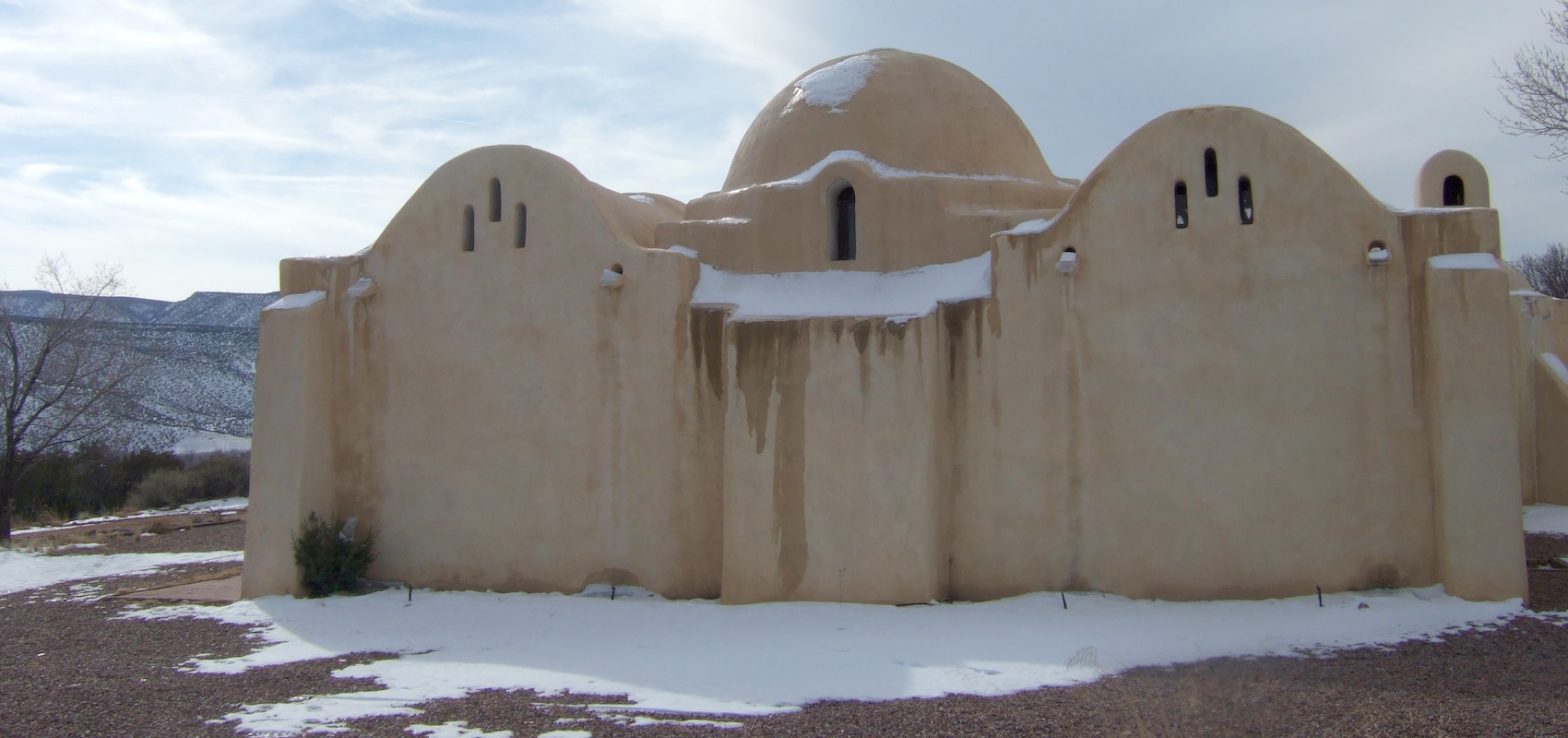
In Europe, barely a week goes by without news of another public or private institution ridding itself of the trappings of cultural Christianity—whether canceling Easter or Christmas, abolishing longstanding traditions, or adopting the contortions of rigorously neutral language to satisfy the tender consciences of “all faiths and none”—all done, supposedly, in the name of inclusivity for religious minorities. And most prominent among these minorities in the minds of the de-Christianizers, we invariably and usually correctly assume, are Muslims.
Rarely do we stop to ask whether Muslims truly value or desire the kind of inclusivity that the naked, post-Christian public square purports to offer. The de-Christianizing progressives simply assume that less public Christianity automatically entails a more welcoming environment for Muslims: a comfortable assumption for people who would generally like to strip away cultural Christianity anyway, and for whom (supposed) Muslim sentiment is often little more than a convenient pretext. In Britain, several quite detailed surveys of the community have found that (as one would expect) worrying attitudes on many issues are unfortunately widespread among a significant minority of Muslims. But hostility to public Christianity is not among these.
A somewhat controversial study by the Henry Jackson Society, which generally reported higher levels of “sectarian” Muslim attitudes than other surveys, in fact found that only 14 percent of British Muslims want to disestablish the Church of England, compared to 19 percent of the general public. Admittedly, because Muslims were more likely to state no opinion on the question (understandably, it’s a less salient issue than for Christians), they were also less likely to actively oppose disestablishment. Nevertheless, there are good reasons to think the result is significant. Tariq Modood, one of the leading theorists of “multiculturalism” in Britain (and a practicing Muslim), has vocally defended the Anglican establishment and even claims never to have encountered a serious Muslim objection to the institution. An affection for public Christianity would also be consistent with Islam’s traditional esteem for Christians and Jews as “People of the Book,” whose Scriptures, though believed to be imperfectly preserved, are seen as containing genuine revelation.
Indeed, I have met many Muslims who deeply regret the decline of Christianity in the West (and, as a Muslim, I count myself among them). This is because what Muslims see as a shared commitment to monotheism, to the tradition of Abraham, and to a vision of humanity as endowed with innate value and capable of spiritual growth, provides a potential basis for dialogue and mutual understanding. It is far from clear that the arid secularism with which progressives would replace our Christian traditions offers any comparable resources. Perhaps it is unsurprising that the populist movements sweeping Europe—movements that are far from mistaken on every issue, but some of which do propose fairly egregious restrictions on basic religious liberties enjoyed by Muslims and everyone else—tend to draw support disproportionately, as the German religious scholar Tobias Cremer has shown, from the least religious segments of the Christian or formerly Christian population.
All this has broader implications for the questions raised by the growth of the Muslim population, and indeed of political Islam, in the West. The progressive vision of limitless human autonomy, arbitrary self-expression, facile hedonism, and idolatrous identitarian obsession has almost no common moral ground with Islam, or for that matter with traditionally understood Christianity or Judaism. Progressive sympathy for Muslims is primarily based on their purported status as the West’s original victims, a status that, even were it real, Muslims would wish to escape from.
Of course, there is no escaping the challenge that some traditional Islamic teachings pose to the best of the Western inheritance. A principled reconciliation between Muslim minorities and the West’s traditions of tolerance and pluralism—which clearly forbid laws against apostasy or denying civil rights to citizens of other faiths—will have to engage with deep questions of theology and political philosophy. The thinkers best placed to do this work, and to have meaningful dialogue with Muslims on these issues, are religiously sympathetic conservatives who are capable of genuine empathy with the commitments of the Islamic tradition, rather than saccharine sympathy for Muslims qua perpetual victims. Thus, for instance, Christian natural law thinkers like Robert P. George have engaged in serious dialogue about religious liberty with Muslim scholars, building on a shared conviction that the purpose of this freedom is in large part to protect the integrity of religion itself from the snares of hypocrisy and blind conformity. From the other side of the confessional divide, we find moderate Muslim intellectuals who are grounded in tradition but open to reform engaging with conservative thinkers like the late Sir Roger Scruton.
The alliance between Muslims and secular progressives is based at best on convergence on positions held sincerely but for wildly different reasons, at worst on duplicity and a desire to subvert the West’s cultural inheritance. For many reasons, this does not automatically make Muslims “natural allies” of the right. But Muslim affection for cultural Christianity should remind us of some essential truths: that ecumenical and open-minded religious conservatives are best positioned to engage in serious reform-oriented dialogue with the Islamic tradition; and that preserving (and even strengthening) our tolerant public Christianity will make this dialogue easier.
Image by Jared Tarbell, licensed via Creative Commons. Image Cropped.
The Church’s Answer to the World (ft. Carter Griffin)
In the latest installment of the ongoing interview series with contributing editor Mark Bauerlein, Fr. Carter Griffin…
Undermining the Church’s Public Witness
Bishop Thomas J. Paprocki recently wrote in these pages that the Archdiocese of Chicago’s plan to grant…
The Lost Art of Saying “No”
Conservative pundit Matt Walsh recently contended that “we have to recapture the long-lost art of saying ‘no.’”…
